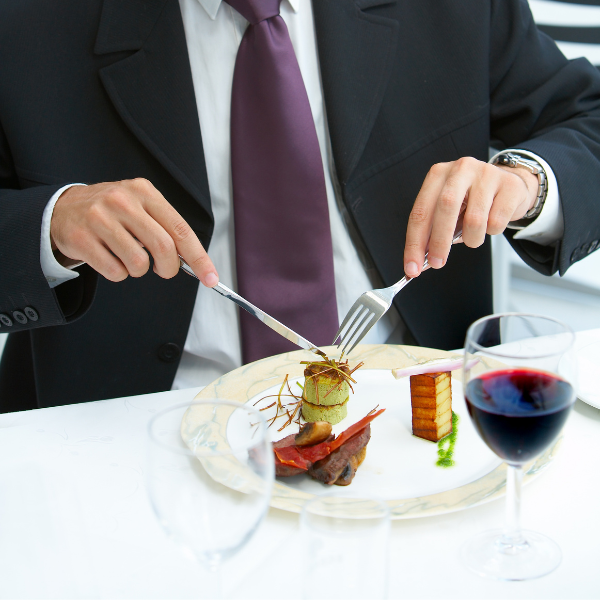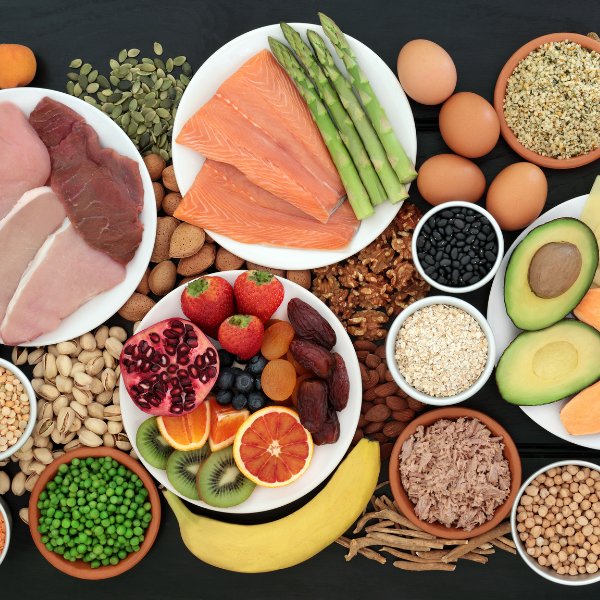Are you captivated by the art of transforming simple ingredients into heavenly sweet creations? The world of pastries is twinned with realms of both art and science, where the finesse of a sculptor blends with the precision of a chemist to create masterpieces that tantalize not just the palate but also the sight. If you dream of being a maestro conducting this symphony of flavors, textures, and visuals, read on. This guide provides an all-encompassing panorama of the path from being a baking enthusiast to a master pastry chef.
What Is A Pastry Chef?
A talented artist and an impassioned scientist rolled into one, a pastry chef is a culinary professional specializing in creating delectable desserts, pastries, bread, and other baked goods. Their expertise stretches far beyond the boundaries of simply making cakes or cookies. Pastry chefs are skilled artisans who breathe life into various ingredients, turning them into exquisite delights savored by countless dessert aficionados.
A pastry chef's journey is paved with intricate techniques, unbridled passion, innovation, and a keen understanding of ingredients' interplay. Flour, sugar, butter, and a wealth of other components are their tools, and their canvas is a plate adorned with creations that promise to captivate the senses.
What Does A Pastry Chef Do?
In the world of culinary arts, pastry chefs act like skilled architects, blending taste and texture to craft unique desserts and pastries. From experimenting with flavors to mastering techniques like tempering chocolate and creating visual appeal, their creations are a delightful symphony of innovation and skill.
Crafting Unique Desserts And Pastries
In the world of culinary arts, pastry chefs are akin to sophisticated architects. Possessing an in-depth understanding of the potential that various ingredients carry, they artistically merge taste and texture to create unique desserts and pastries. From experimenting with innovative flavor combinations to striking that perfect balance, a successful dessert is a harmonious blend of ingredients that marries together in a delightful crescendo. A refreshing lemon tart with a brûlée top or a dark chocolate cake layered with velvety ganache, these beautiful symphonies of flavors stem from a pastry chef's relentless quest for innovation and uniqueness.

Developing and Perfecting Recipes
In addition to the audacious dance of flavors, mastering intricate techniques is a pivotal aspect that distinguishes a pastry chef's creations. The precision in tempering chocolate, crafting smooth custards, rolling out immaculate puff pastries, or piping out delicate decorations speak volumes of the commitment and skill invested in creating these baked masterpieces. The visual appeal plays an equally vital role, with pastry chefs understanding that a truly successful dessert not only tantalizes the taste buds but also pleases the eyes. This balance between palatable and aesthetic brilliance establishes the essence of crafting unique desserts and pastries.
How To Become A Pastry Chef?
Becoming a pastry chef is a journey driven by a deep love for making pastries, where every detail adds to the magical experience. From loving pastries to learning in culinary school and gaining hands-on experience, it's about mastering the craft with precision and presentation.
Ignite A Passion For Pastries
Becoming a pastry chef begins with the fundamental step - kindling an intense love for the art of pastry making. This passion isn't merely about the allure of making and tasting delectable pastries. It's about delving deep into the intricate process that starts with simple ingredients and ends in a culmination of flavors, textures, and visuals that can bewitch the senses.
Reveling in creating pastries involves appreciating these components separately and the magic they cast when combined. Feel the differing textures of ingredients as you work with them. Savor the unique flavors that each element brings to the table. Marvel at the visual transformation cookies undergo when they come out of the oven filled with rustic charm. Every detail holds significance and deserves to be relished, adding to the wholesome experience of pastry-making.
Pursue Culinary Education
Formal culinary education plays a significant role in establishing a solid foundation for aspiring pastry chefs, as it offers knowledge of time-honored practices, techniques, and theories. Culinary institutes create an immersive learning environment that extends far beyond basic cooking or baking. Students gain insight into the science behind ingredients, baking techniques, and the perfect balance between creativity and precision. Specialized programs in Baking and Pastry Arts allow students to build on their passion with comprehensive industry-specific knowledge, thus empowering them to succeed in professional pastry kitchens.
Culinary education goes beyond skill acquisition and fosters a strong network of industry professionals. Students form invaluable connections within the vibrant ecosystem of chefs, restaurant owners, food journalists, and more. This extensive network supports their learning journey within the institute and paves the way for a successful professional career in the culinary landscape post-graduation.
Gain Hands-On Experience
Hands-on experience, often through internships or apprenticeships in a professional setting, is a critical component of a pastry chef's journey. This allows you to bridge the gap between the theoretical concepts absorbed in a culinary school environment and practical application in a real-world setting. Being part of an operational kitchen, handling the processes behind delightful desserts, and understanding the mechanics of running a successful bakery or dessert shop are pivotal experiences that elevate a pastry chef's skill set.
In a bustling setting like a professional kitchen, you can observe and learn the implementation of techniques firsthand. In addition, these settings expose you to the challenges of working under pressure while conforming to stringent timelines, adhering to health and hygiene protocols, managing inventory, and delivering consistent quality. These experiences shape your ability to multi-task, prioritize tasks, manage time, make quick decisions, and lead a team - integral skills for any successful pastry chef.
Master The Art of Precision And Presentation
Precision is imperative to achieve consistent results when creating pastries. This involves meticulously measuring ingredients, precise temperatures, and exact cooking times. The difference between perfect and overbaked pastries can be minutes, and even a gram's difference in ingredient quantities may lead to an undesirable outcome. It is, therefore, crucial for pastry chefs to foster discipline and sharp attention to detail in their practice. Moreover, as recipes are often scaled up or down based on serving sizes, mastering the art of precision ensures accurate conversions and consistency across different batch sizes.
How Much Does A Pastry Chef Make?
The remuneration that a pastry chef receives significantly depends on their experience, geographical location, and the reputation of the establishment they are associated with. Starting out in the industry, a novice pastry chef still acquiring skills and gaining professional experience could expect an annual salary of $25,000 to $30,000. This figure usually includes a base salary and might not account for any benefits or tips the chef may earn.

As pastry chefs gain experience and finesse their craft, both their skillset and their earnings traditionally increase. Before moving into a higher salary bracket, they likely must have several years of experience, demonstrable excellence in their work, specialty training, and usually a certain amount of prestige. Thus, as their career progresses, pastry chefs can see their annual earnings rise into a higher tier, generally around $40,000 - $50,000. At the pinnacle of their careers, working in top-tier establishments or spearheading their businesses, pastry chefs can even reach a six-figure income. The actual income does vary widely since the range of opportunities in the industry is vast and complex.
Crafting Delights And Reaping Rewards
Finally, starting as a pastry chef involves learning fundamental techniques in a home kitchen, followed by structured culinary education for theoretical reinforcement. While hands-on practical experience in a professional setting molds you into a well-rounded chef, formal culinary schools provide a comprehensive understanding and offer ample networking opportunities. Culinary education embraces the science of ingredient interaction, balances creativity and precision, and introduces you to experts in your field of interest.
However, as they grow in their careers, experienced chefs can expect a significant income rise, with the most successful professionals earning up to six-figure incomes in elite establishments or owning businesses. Overall, becoming a successful pastry chef requires a blend of educational background, practical training, creativity, precision, and continuous learning.








